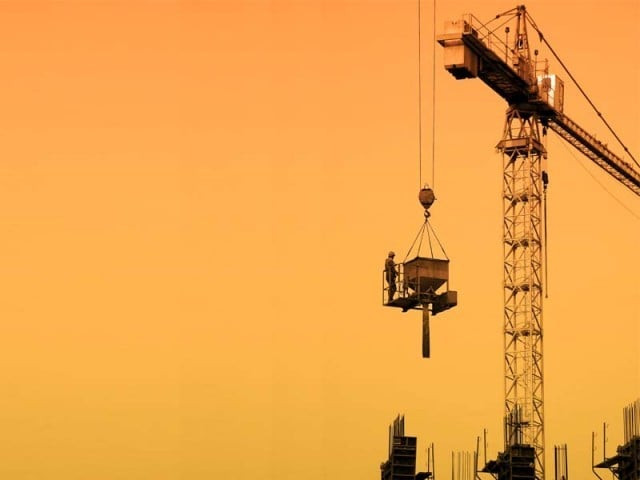Structural problems: Promoting ‘real’ investment to ease constraints
Govt needs to focus on development spending, resolving current account deficit

Govt needs to focus on development spending, resolving current account deficit. CREATIVE COMMONS
Pakistan’s economy has long suffered from stagnation and for experts this alignment is a result of structural problems in the country.
After years of struggle, the government has realised its adverse consequences. However, resolving these issues is still a challenge because it requires thoughtful policymaking and swift implementation.
First, there is a need to increase public investment and gross domestic product ratio in Pakistan. From the perspective of developing countries, public investment ‘crowds in’ private investment.
Although the government sets ambitious development targets every year, it fails to achieve them either due to commitment with the International Monetary Fund (IMF) or lack of ‘fiscal flexibility’. Specifically, the government should allocate money for the development of infrastructure, provision of education and health care facilities.
Although the government is spending on modernising infrastructure, expenditure on education and health care are abysmally low. This low level of spending reflects a sordid state of human capital in an economy.
Misguided saving approach
Second, households and capitalists have adopted a precautionary saving approach. There is a growing consensus among people that investment in land is quite safe and profitable. Speculation in land is not allowed in developed countries and severe taxes are imposed which discourage investment in land.
There is a need to rein in speculation in land, which is possible through the imposition of tax. There is a significant difference in current deputy commissioner rate and market rate, therefore proper valuation and collection under the head of land tax will provide another opportunity to raise tax collection.
Third, lower real interest rate is key in stimulating investment in a country. The State Bank of Pakistan (SBP) has adopted an inflation targeting framework at a time when there is a debate in the world about the unintended consequences of inflation on output growth.
If SBP focuses too much on inflation targeting, it will not be able to pay attention to output growth. It should implement real interest rate targeting to promote investment in Pakistan. Real interest rate has come down in the last one year; therefore the private sector credit off take has increased to some extent.
During 2003-2007, real interest rate remained low and investment in Pakistan surged as a result. Low real interest rate also promoted a consumption-led boom in the economy. But a consumption-led boom on borrowed money is never sustainable which also happened in Pakistan.
This time around the SBP should issue prudential regulations to commercial banks to promote ‘real investment’ instead of wasteful consumption. In the absence of prudential regulations, commercial banks would most likely promote consumption driven boom since the probability of default is low in case of consumers.
Under this scheme of things, the continuation of low real interest rate becomes quite challenging.
Current account deficit
Persistent current account deficit reflects a grave structural problem of the economy. Despite very low international crude oil prices, the trade deficit does not turn into surplus. Successive regimes finance current account deficit through international borrowing which is a short term solution.
In addition, persistent current account deficit gives rise to external debt which becomes unmanageable with the passage of time. Although external debt/ GDP ratio is around 21%, this is not a suitable measure for Pakistan since exports are of low value added nature.
The better ratio for Pakistan is external debt and exports which is more than 200%. By looking at this ratio, recourse to the IMF on frequent intervals would remain a norm since external debt led growth is quite dangerous from the perspective of developing countries.
Finally, the liberalisation of capital account plays an important role in increasing the current account deficit. There is a dire need to introduce selective capital control. Even Noble laureate Joseph Stiglitz recently advised developing economies to tax financial transactions and rein in short term capital flow since it results in currency volatility and stock market crashes, which may also translate into full blown economic crisis.
The writer is an Assistant Professor of Economics at Lums
Published in The Express Tribune, February 29th, 2016.
Like Business on Facebook, follow @TribuneBiz on Twitter to stay informed and join in the conversation.



















COMMENTS
Comments are moderated and generally will be posted if they are on-topic and not abusive.
For more information, please see our Comments FAQ